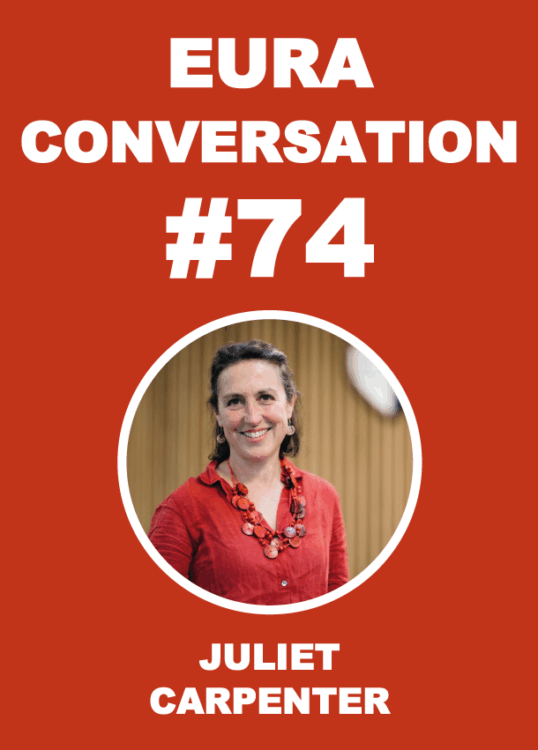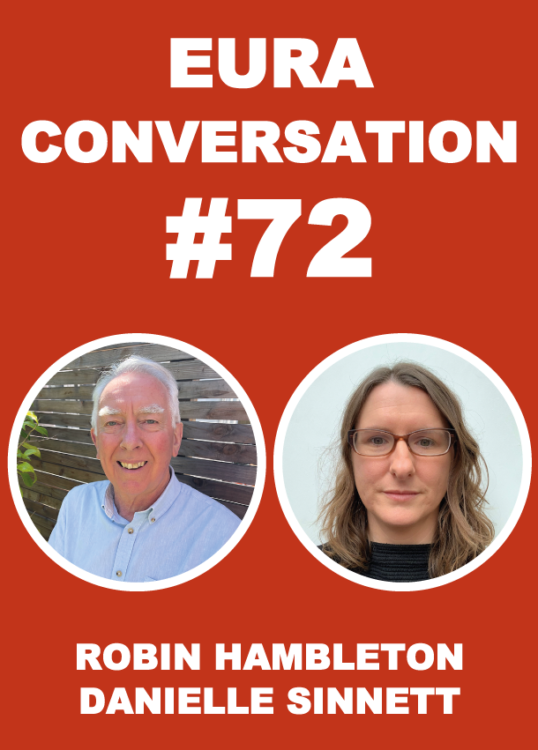
#3 Experimentation
18/05/2020
#5 Peoples’ responses
23/06/2020#4 Cycling
Will pop-up cycling solve our urban mobility problems?
by Karsten Zimmermann, Dortmund Technical University, Germany

The corona pandemic has a wide range of effects on our cities and many observers speak of cities in crisis. Some of the effects are short term and immediate (closure of shops, bars, schools, museums, collapse of parts of the economy etc.), some will be long term. One of these short-term measures with an eventual long-term effect is discussed with a positive undertone: the opening up of temporary additional cycling lanes or even the closure of streets for cars.
It seems that the pandemic opens up new pathways for change in urban mobility policies. Many cities world-wide started experiments and implemented measures that stand for the principles of sustainable urban mobility. A colleague at University of North Carolina at Chapel Hill has built up a data base with examples from all over the globe and has already collected 544 entries (as of 2 June 2020, link). A popular example is Brussels (with plans to transform the inner city into a pedestrian zone) but there are also other cities such as Munich, Berlin, Milan etc. installing so called pop-up cycling lanes and giving more space for cycling.
The reason why local governments are doing this are clear and straight forward. Due to the pandemic more people are not using public transport because it is not in service (or considered to be too risky). A recent German study found that decrease of use of public transport was about 75%. People walk or cycle instead and cyclists benefit from nearly empty streets due the lock down. In fact, local government needs to reorganize public space for pedestrians and cyclists in order to respect the 1.5 meter social distancing rule. So is this a window of opportunity for a path-breaking change?
Will the pandemic change a) our mobility behaviour and b) the priorities of local transport policies? Will there be a long-term effect? It’s much too early for a comprehensive evaluation but we need to take some aspects into consideration.
First of all, there are regulatory problems. Many pop-up cycling lanes are temporary installations. Transforming a street (or larger parts of a street) into a permanent cycling lane usually needs longer decision-making procedures. However, some local governments announced that the measures will be permanent.
But the rise (and enthusiasm) for pop-up cycling lanes raises another problem. A study shows for Germany that during the Covid 19 pandemic, car travel increased but distances are shorter. So the real problem is the demise of public transport. I would be more concerned about the eventual damage Covid 19 is doing to public transport. It’s not only the financial losses but an eventual loss of trust into public transport. In addition we found in our own studies that supporting cycling in inner urban areas attracts more commuter traffic. Commuters learn fast that car traffic is easier due to successful cycling policies. The result is more bikes – and more cars in the city.
To conclude: the window of opportunity is open but it much depends on the wider political environment (European Green Deal, support for municipalities and public transport providers, regional mobility strategies, bicycle highways etc.) to make this a success story.
In next week’s contribution to EURA Conversations Susanne Søholt offers some thoughts on “People’s responses”.






